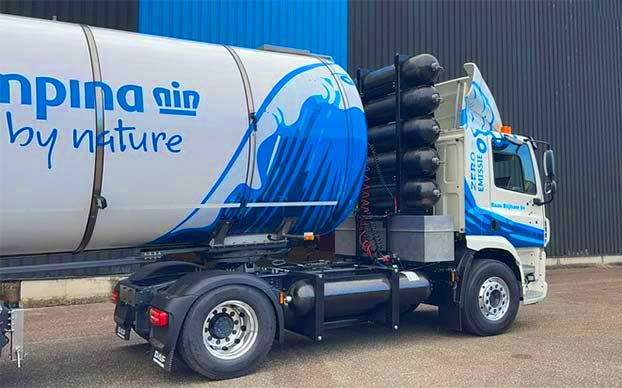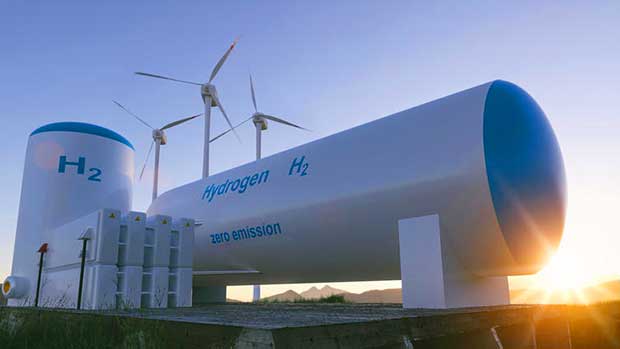
With the rising trends to use liquid hydrogen for long-haul trucking, two notable companies, Chart Industries Inc. and Hyzon Motors Inc., have started revolutionizing the design aspects in the industry.
Now, I’ve talked about hydrogen trucks many times before, but this time is a bit different.
Hyzon is a widely recognized supplier for hydrogen fuel cell-powered heavy vehicles that run with zero emissions, whereas Chart is a leading manufacturer of advanced engineered that serves multiple industries in the gas and energy markets at the global level. These companies have recently announced an agreement for the production of liquid hydrogen-powered commercial vehicles for serving heavy-duty needs with an estimated range of up to 1,000 miles before refueling.
Replacing gaseous hydrogen with liquid in heavy transports provides several benefits. Liquid hydrogen is two times as dense as 700 bar gaseous storage, so your vehicle can cover two times longer distances when the tank is filled with liquid hydrogen. It is observed that liquid hydrogen can enhance the payload capacity of the truck by a considerable level because these storage tanks weigh much less than the traditional 700 bar tanks.
While manufacturing such efficient heavy-duty trucks, the biggest challenge is to integrate the liquid hydrogen mobile tanks with the fuel cell of the vehicle. The tanks at one side require a 423-degree F temperature setting, whereas the fuel cell needs to work at ambient temperature hydrogen gas. Both the companies have joined hands together to deal with this problem. Their main idea is to combine the market-leading design of liquid hydrogen equipment from Chart with the ultimate heavy-duty hydrogen vehicles designed by Hyzon.
This amazing integration is expected to bring new opportunities to the transportation industry while handling the hydrogen value chain. Once this new model starts running on the road, the requirements for heavy-duty refueling stations will be reduced by considerable levels as these modern-age trucks can run for longer distances with less fuel. Moreover, the operating cost, as well as capital for refueling infrastructure, will decrease due to the elimination of refrigeration and compression equipment that is otherwise required for 700 bar vehicles.

The reduced number of stations will also lower the cost of hydrogen transportation at the refilling locations. In fact, it will be possible to design low-cost green hydrogen development facilities at a large scale to serve the routine needs of users. The extended vehicle range could definitely motivate industries to adapt to this technology and that too with reduced infrastructure requirements.
The trucking technology is necessary to power up the commercialization opportunities, and the integration of a liquid hydrogen system could further ensure an environmentally-friendly transportation solution. Some prognosticators say that hydrogen will be the main source of fuel for train transport, marine, and aviation in the near to medium future.
The folks at Hyzon Motors are excited to serve clients with top-quality heavy-duty truck designs that can ensure outstanding efficiency on the road. Moreover, these new advancements will open doors to cost-effective, clean long-haul transportation solutions. This is a way to enhance customer satisfaction with enhanced efficiency at all levels. Now, who can’t get onboard with that?
Citation